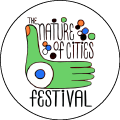5 November 2015

12 Comment(s)
Join our Conversation
2 November 2015
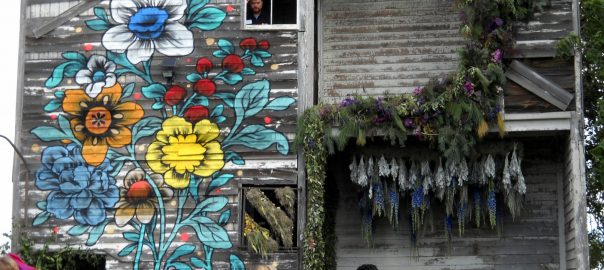
A review of Flower House Detroit, which ran October 16-18, 2015 at 11751 Dequindre St, Hamtramck, Michigan. Once again, something amazing and ephemeral has appeared in Detroit. Flower House Detroit (which was actually located in the city of Hamtramck, 2 square miles enveloped by the city of Detroit) was, at its...
0 Comment(s)Join our Conversation
1 November 2015
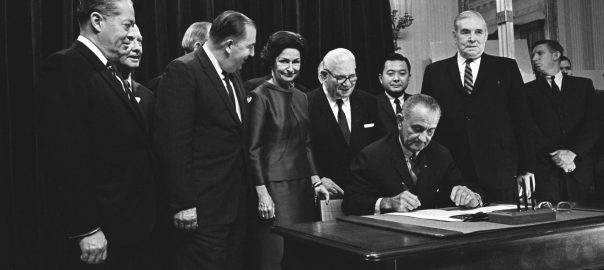
Which American president administration of the last century has the strongest record on preserving the environment and natural beauty? Presidents Theodore or Franklin Roosevelt, who created the National Wildlife Refuge System (protecting 230 million acres) and established the Civilian Conservation Corps, putting 2.5 million people to work building trails and...
3 Comment(s)Join our Conversation
28 October 2015

Roadside trees are not merely roadside trees. Roadside trees are living condominiums, packed with other organisms. They are functioning communities, complete with food chains, predators and prey, nutrient capture, nutrient cycling and recycling, and an organisational hierarchy. They extend their influence vertically upwards, horizontally and downwards. They are ecosystems in...
3 Comment(s)Join our Conversation
26 October 2015

A review of “Shelter,” an exhibition on view at the Architecture and Design Museum Los Angeles until Nov. 6, 2015. Although recent efforts to mitigate the characteristic poor air quality and largely suburban character of Los Angeles have been the focus of much debate and action, the city still faces...
0 Comment(s)Join our Conversation
25 October 2015

From 2014, we have been taking part in a project in city planning for urban biodiversity in Fukutsu city, Japan. Our lab (Keitaro Ito laboratory, Kyushu Institute of Technology) has been directing the project in collaboration with Fukutsu city and high school students from Fukuoka Koryo high school and Fukuoka...
1 Comment(s)Join our Conversation
23 October 2015
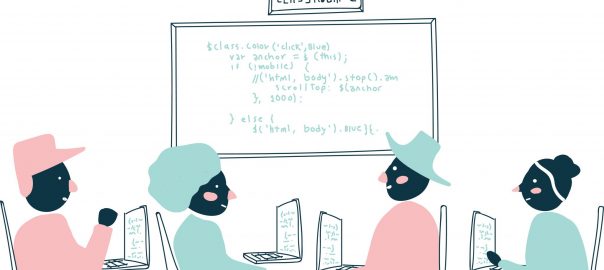
People of color are at the center of a demographic shift that will fundamentally change the global urban landscape. From the growing proportions of Latino, Asian, and African American residents in resurgent cities of the United States, to the diversifying capitals of Europe and the booming metropolises of Asia, Africa,...
2 Comment(s)Join our Conversation
23 October 2015
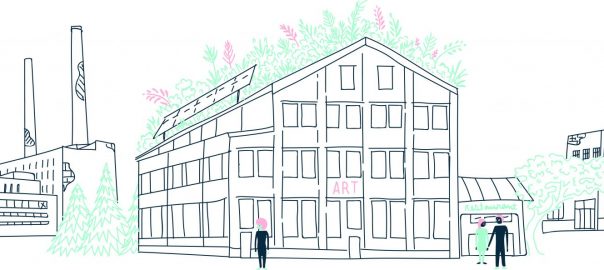
I am the mayor of a legacy city, a city that rose and fell on the fluctuations of an industrial marketplace. Like Detroit, Cleveland, and dozens of other cities that have experienced continuous population and job loss since their peak, my hometown of Gary, Indiana, once provided the backbone of...
1 Comment(s)Join our Conversation
23 October 2015
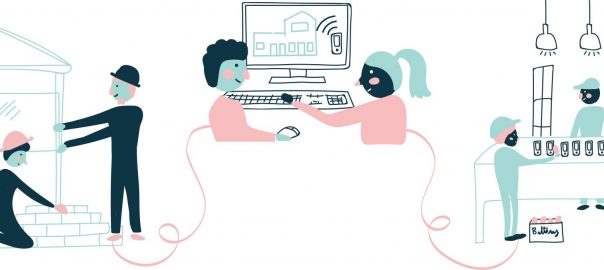
In the United States of America cities have long been gateways to opportunity. For centuries, people from all over the country and the world, including my own grandparents, came to our cities chasing the promise of a better life. America’s bargain with its citizens, rich and poor was, in many...
2 Comment(s)Join our Conversation
23 October 2015
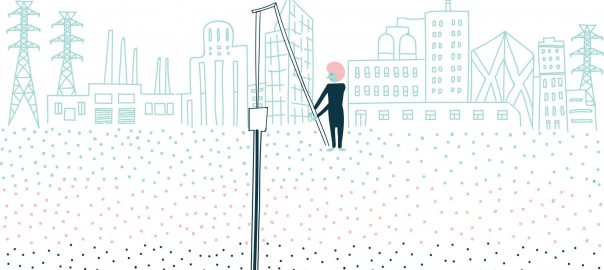
Soil contamination is a baseline condition for most of the sites I’ve worked on over the past two decades. The toxic imprint derives from industry—steel production, shipbuilding, fabrication of automobile and machine parts, to name just a few—in both urban and rural settings. But it also comes from lead-containing gasoline...
0 Comment(s)Join our Conversation
23 October 2015
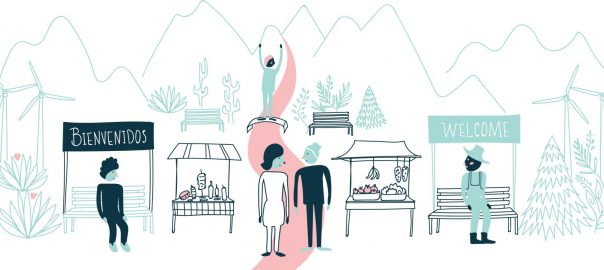
1. A just city repositions inequality The conversation about justice and the city must begin with directly confronting social and economic inequality and prioritizing them as the main issue around which institutions must be reorganized. Contemporary architectural and urban practices must engage this political project head-on. We must question the...
1 Comment(s)Join our Conversation
23 October 2015
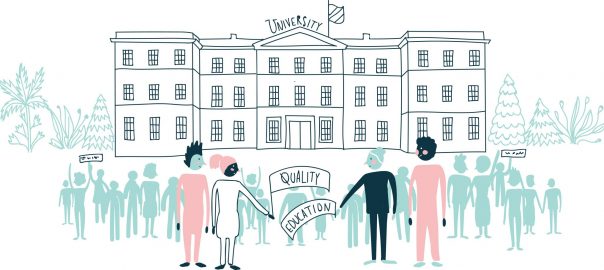
What has happened is that in the last 20 years, America has changed from a producer to a consumer. And all consumers know that when the producer names the tune, the consumer has got to dance. That’s the way it is. We used to be a producer—very inflexible at that,...
1 Comment(s)Join our Conversation
23 October 2015
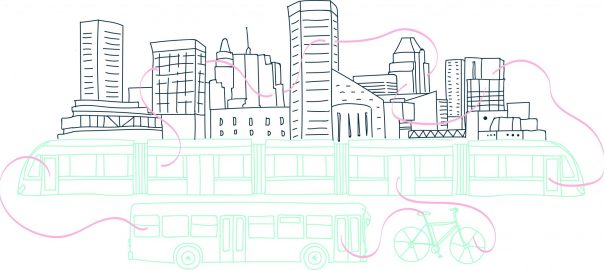
If you have never been to Baltimore, you should come to visit. From Baltimore Washington International Thurgood Marshall Airport, you can ride the light rail to downtown in 25 minutes for one of the best deals in the country. If you ride the train between Boston and Washington, you can...
0 Comment(s)Join our Conversation
23 October 2015
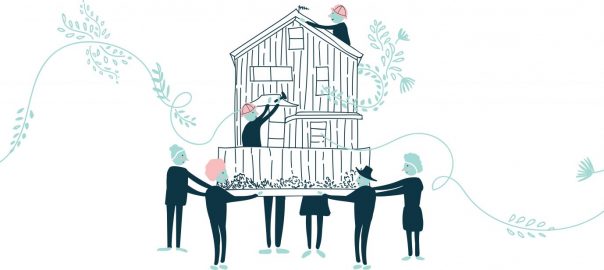
Governance, despite its own hopes for a universality of exclusion, is for the inducted, for those who know how to articulate interests disinterestedly, those who vote and know why they vote (not because someone is black or female but because he or she is smart), who have opinions and want...
3 Comment(s)Join our Conversation
23 October 2015
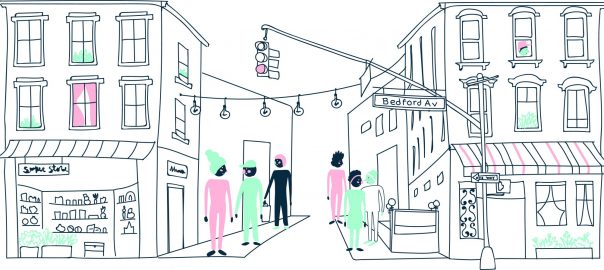
It was close to midnight. A youngish, jovial-looking white woman with russet colored hair ran by me with ostensive ease. She donned earphones and dark, body-fitting jogging attire. I was walking home from the A train stop and along Lewis Avenue, which is a moderately busy thoroughfare that runs through...
0 Comment(s)Join our Conversation
23 October 2015
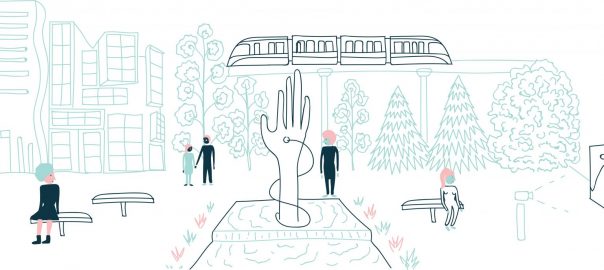
My vision for a just city is one where design and its power as a tool against inequality is leveraged for the benefit of all residents. As the director of design programs at the National Endowment for Arts, and one of the U.S. government’s primary advocates for good design, I...
5 Comment(s)Join our Conversation
23 October 2015
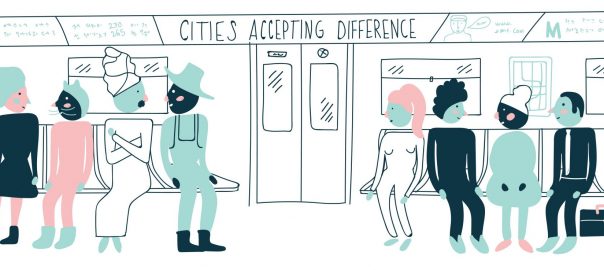
When I think about the just city, it’s always black and white I was born in Chicago the evening before President Lyndon Johnson signed the Civil Rights Act of 1964 into law. Growing up on the south side of Chicago meant that on an average day, I rarely saw or...
0 Comment(s)Join our Conversation
23 October 2015
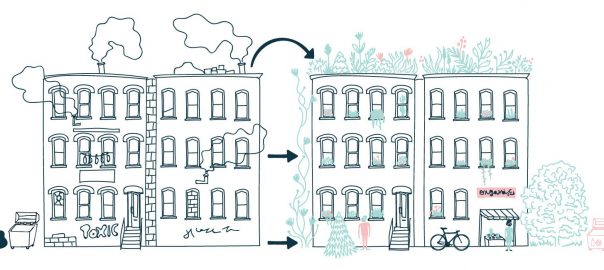
In 1993 or thereabouts I entered a contest for women to depict what they did on a particular day. That day, I went to meetings early in the morning at Harlem Hospital. I took photos of the abandoned buildings on West 136th, where I parked my car, and photos of...
0 Comment(s)Join our Conversation
23 October 2015
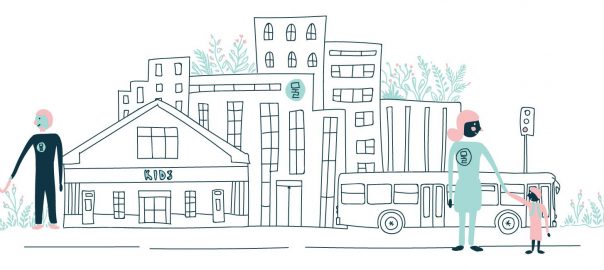
There is a difference between equality and equity. Equality says that everybody can participate in our success and equity says we need to make sure that everybody actually does participate in our success and in our growth. A just city is a city free from both inequity and inequality. We...
0 Comment(s)Join our Conversation
23 October 2015
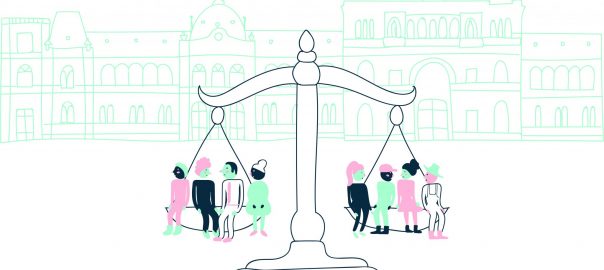
The purpose of this essay is to share some considerations about the meaning of “just City” from the perspective of a lawyer dedicated to the reform of justice administration and, in particular, to the design of systems that promote, encourage and facilitate the approach of justice for the people. This...
3 Comment(s)Join our Conversation


